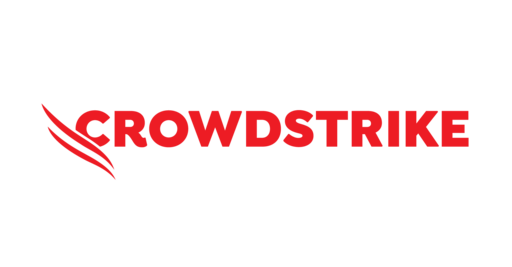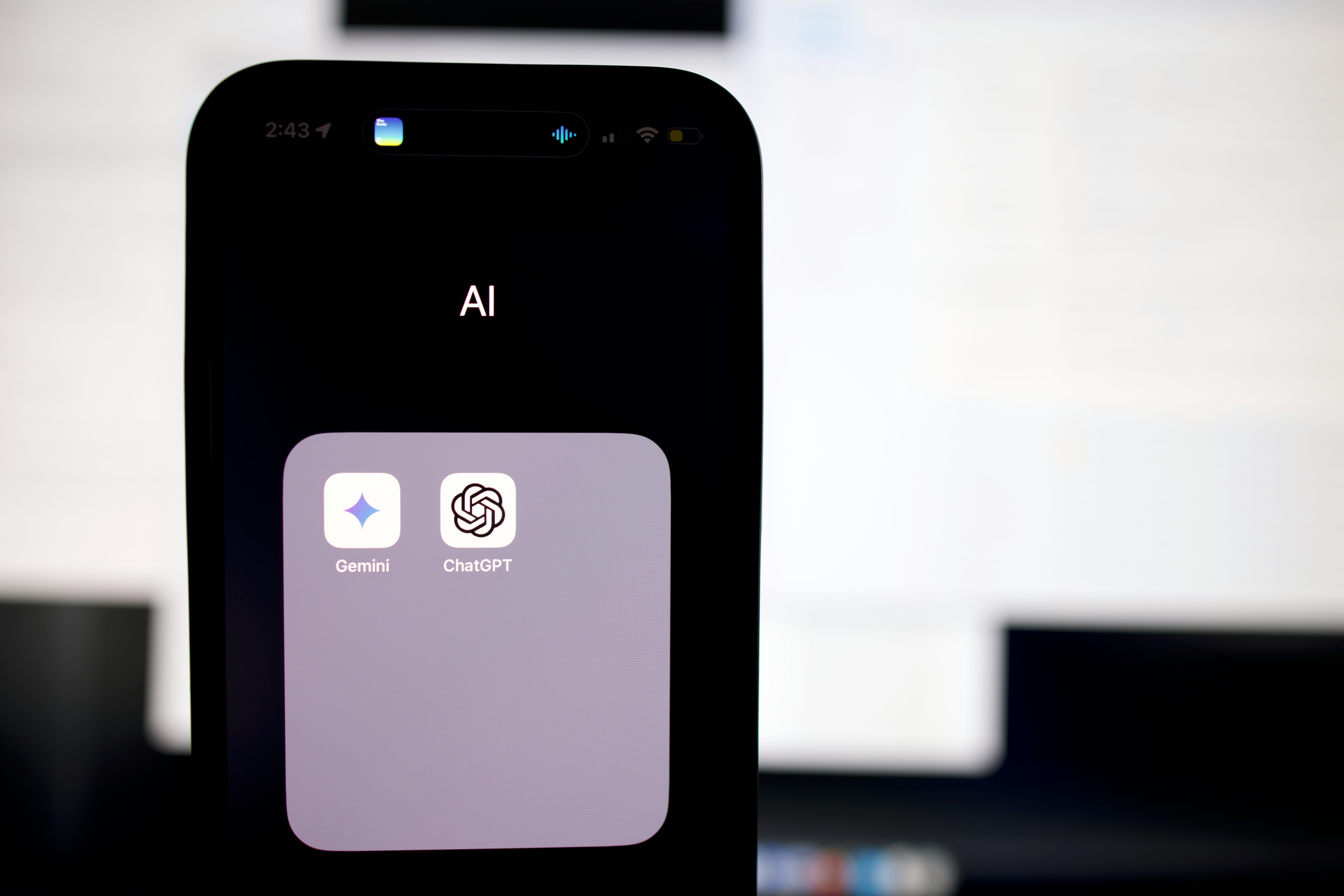How Glassdoor Added Client Names Without Consent
Glassdoor, who we are aware of, your go-to platform for applying for jobs and performing anonymous employee reviews, has been entangled in a privacy scandal unique in its own. Clients like Monica's story from Techcrunch for example reported finding their real names strangely connected to their profiles, in spite of signing up anonymously years earlier. Monica alleges her full name, gathered from an email exchange with customer support, was included in her profile without her knowledge or consent. This occurrence sparked a firestorm of feedback and criticism, raising concerns around client security, data security and the very core and foundation of Glassdoor's business model keenly on their anonymity policies.
A Widespread Disintegration of Client Trust
Monica's story isn't an isolated incident. Glassdoor clients across the platform expressed alarm and concern , dreading a similar fate for their own anonymous reviews. The potential for compromised anonymity expands past accidental leaks. Legal processes, such as lawsuits and data breaches open avenues for employers or even malicious actors to unmask reviewers.
This chilling impact could essentially affect the quality and candor of employee surveys. If reviewers fear retaliation from the exposure , genuine feedback suffers, possibly misleading work seekers in their interest of the perfect and suiting career fit.
Glassdoor's Shift from Anonymity Champion to Data Collector
For a long time, Glassdoor has been commended as an "industry pioneer" in protecting client anonymity. Aaron Mackey of the Electronic Frontier Foundation (EFF) already praised Glassdoor's role in protecting anonymous reviewers in court.
Be that as it may, the recent information collection practices raise genuine questions around Glassdoor's commitment to client protection. The need for transparency surrounding information verification, utilization and potential lawful revelations advance erodes belief and trust in the services.
Inaccurate Data and Vague Goals
The issue goes beyond the infringement of client consent. In a few occurrences, like Josh Simmons' case also available on Techcrunch, the added data was evidently inaccurate. This raises concerns about the integrity and ability of the whole data collection process and its potential for misuse and failure.
Moreover, Glassdoor remains silent on the purpose or reason behind collecting this client information. In the event that the data isn't verified and its accuracy flawed, what value does it truly hold?
The Data Security Scene Worldwide
Information breaches are a consistent danger in today's digital world. With plenty more client information collected by Glassdoor, the potential consequences of a breach become exponentially more damaging. Compounding this issue is Glassdoor's silence on data request transparency. Clients stay in the dark regarding the number of lawful requests for client information the platform receives, fostering anxieties about potential exposure.
Clients Constrained to Select Between Security and Cooperation
Numerous clients, like Monica, felt forced to erase their accounts completely due to the need for control over their individual data. Platforms like Glassdoor ought to prioritize user agency when it comes to information collection and usage. Clients merit the capacity to select out of information collection, manage and correct inaccurate information and effectively delete their accounts on the off chance that they choose.
A Pattern of Information Intrusion
The Glassdoor contention embodies a broader trend within online services. Numerous platforms are collecting increasingly more client information, regularly without clear justifications or transparency. This raises critical questions about the very nature of online security within the 21st century.
How This Impacts Other Anonymous Platforms
The erosion of client trust on Glassdoor has swell impacts over the scene of anonymous platforms. From whistleblower hotlines to online forums, client anonymity is vital for cultivating and fostering open and genuine communication. On the off chance that clients see a lack of commitment to privacy on one platform, it casts a shadow of doubt on the trustworthiness of others as they work on similar parameters and databases.
Rebuilding Trust Through Transparency and User Control
The Glassdoor circumstance serves as a stark reminder of the significance of client protection in today's data-driven world. There are some ways platforms can rebuild and encourage the return of the trust of clients and their comfortability on these anonymous functions.

User Transparency is Paramount
Clear and brief information collection approaches and policies ought to be readily available. Clients merit to know what data is collected which includes information points beyond names, like IP addresses, how it's used including potential anonymized information aggregation and how it's secured meaning meeting the required encryption standards.
Client Control Empowerment
Platforms ought to empower clients to manage their information and how accessible it is. This incorporates options for simply opting out of information collection totally, redressing wrong data and effortlessly deleting accounts with the guarantee that associated information is genuinely purged off all their systems as well as potential affiliate systems. Furthermore, granular control settings permitting clients to choose what data remains anonymous like reviews in this case and what can be publicly shown like work title would be advantageous. Giving the user full autonomy over their information and how and when it is/can be available to the public.
Multi-factor authentication (MFA) as Protocol
Putting in place and implementing robust Multi-Factor Authentication (MFA) as an obligatory necessity for all user accounts altogether fortifies security. MFA includes an additional layer of confirmation amid login attempts, making it much harder for unauthorized access, even if email addresses or passwords are compromised.
Privacy by Design
Platforms should prioritize "privacy by design" standards from the very beginning of development. This implies inserting, embedding and integrating security systems all through the whole process, from information collection to storage and usage. This proactive approach minimizes the hazard of security breaches and fosters a culture of client trust which should ideally be the very core of every similar platform.
Independent Reviews and Transparency Reports
Routinely conducting independent security audits and publishing transparency reports can go a long way in building trust. These reports ought to detail data security measures, the number of data breach attempts and their outcomes and how client information is dealt with in reaction to legal requests.

Regulatory Landscape and Enforcement
Stronger information security controls, coupled with compelling requirement mechanisms are significant in holding stages responsible for client information assurance. The recent implementation of GDPR (General Data Protection Regulation) within the European Union serves as an example of a direction that empowers clients and holds companies responsible for data security.
The future of Anonymous Platforms
The Glassdoor discussion serves as a cautionary story for all anonymous platforms. Finding a balance between functionality and client protection is fundamental. Here are a few potential solutions for anonymous platforms moving forward
Zero-Knowledge Proofs
Zero-knowledge proofs, a cryptographic technique, allow clients to demonstrate they have certain data like work status for example without uncovering the data itself. This may be a potential solution for verifying client identities on anonymous platforms without compromising anonymity.
Decentralized Platforms
Decentralized platforms, built on blockchain technology, may offer a more secure and user-controlled alternative. In a decentralized model, information isn't stored on a central server, making it less defenseless to breaches.
Focus on Anonymity-Preserving Features
Platforms can prioritize features that improve anonymity, such as pseudonymity options and secure communication channels. Furthermore, exploring ways to minimize data collection whereas still maintaining core functionalities is vital.

The disintegration of client belief on Glassdoor highlights a critical issue in today's computerized age.The steady pressure between development and client security. While platforms endeavor to offer profitable services, they must prioritize user control and data security. By hopefully implementing the arrangements outlined above, Glassdoor and other anonymous platforms can revamp trust and guarantee a future where clients can participate transparently and honestly, without fear of compromising their protection.








